The end of the era of cheap flights
Drive to decarbonise airline industry risks pushing up prices for plane tickets
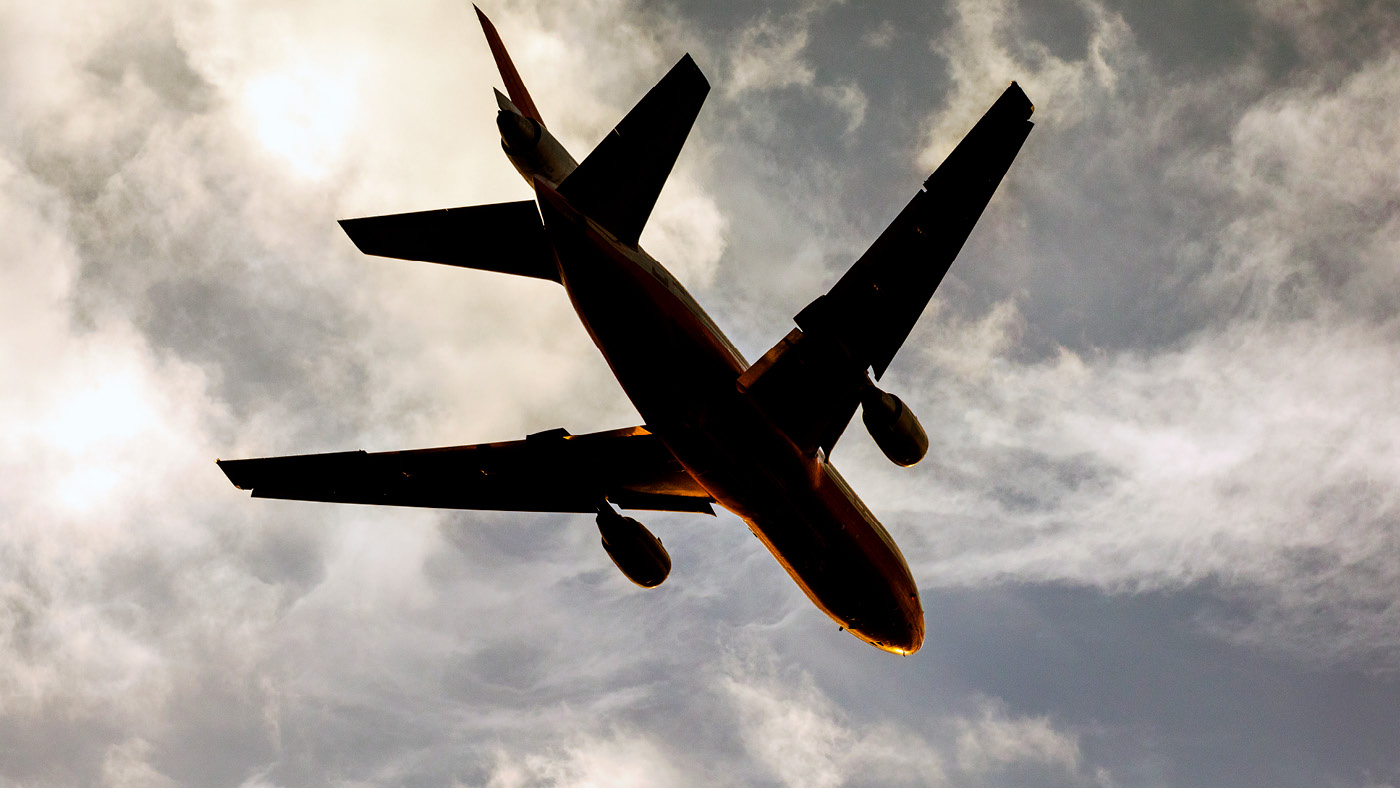
A free daily email with the biggest news stories of the day – and the best features from TheWeek.com
You are now subscribed
Your newsletter sign-up was successful
Ticket prices for flights are expected to rise in the coming years as the airline industry wrestles with the costs of reaching net zero by 2050.
European aviation alone is expected to spend “a whopping €820 billion” to reach net zero, Bloomberg reported. Factors include changes to the European Union’s Emissions Trading System (EU ETS), and the need to invest in cleaner technologies, all of which will dramatically slash profit margins.
Until airlines can fully decarbonise, these pressures mean “waving goodbye to the low prices that made globetrotting accessible to millions of people”, said Bloomberg. With summer flights already a third more expensive than last year, according to travel search engine Kayak, returning to the pre-pandemic norm of cheap flights is increasingly looking like a long shot.
The Week
Escape your echo chamber. Get the facts behind the news, plus analysis from multiple perspectives.

Sign up for The Week's Free Newsletters
From our morning news briefing to a weekly Good News Newsletter, get the best of The Week delivered directly to your inbox.
From our morning news briefing to a weekly Good News Newsletter, get the best of The Week delivered directly to your inbox.
What pressures do airlines face?
Looming on the horizon are changes to the terms of the EU ETS. Under this scheme, airlines operating within the European Economic Area (EEA), as well as the UK and Switzerland, are required to cover every tonne of carbon dioxide emitted with permits.
The EU provides roughly half of these free of charge, but a law change agreed in December means free permits are being phased out. These will be cut by 25% in 2024, then 50% the following year, before being phased out entirely by 2026, giving airlines “a financial incentive for them to pollute less”, Reuters reported at the time.
But this could effectively “double their carbon costs over just three years”, added Bloomberg. It could also slash the operating profits of the six largest point-to-point airlines – including Ryanair, easyJet, Wizz Air, Vueling, Eurowings and Transavia – by 77%.
Airlines also face added costs of “moving to cleaner and more expensive fuels” as well as investment in future aircraft and infrastructure, said the Financial Times (FT). Ticket prices will have to rise, said Bloomberg, meaning “demand destruction is inevitable”.
A free daily email with the biggest news stories of the day – and the best features from TheWeek.com
How will airlines cut carbon emissions?
Sustainable Aviation, an industry alliance comprising airlines, airports and manufacturers, is banking heavily on sustainable aviation fuel (SAF) produced from sources like agricultural waste. They believe this will account for at least three-quarters of the fuel used in UK flights by 2050.
The organisation estimates it can reduce carbon emissions by 70% over traditional fuel – accounting for a 40% overall carbon reduction – but it’s “currently several times more expensive to produce”, said BBC News, and these are “costs the group says would have to be passed on”.
Reducing emissions is a much harder feat than it might seem, too, given passenger numbers are expected to nearly double to just shy of 8 billion by 2040 compared with 2017.
But Sustainable Aviation has factored in a projected reduction in demand caused by rising costs – the “green premium” – into its decarbonisation strategy. Emissions will fall by 12% thanks to this dampened demand, while an additional 2% reduction in emissions will be sourced from emissions-trading obligations and carbon dioxide removal investments.
To ease the process, the industry is hoping for more government support, including subsidies, so endeavours like SAF production can play a role in slashing carbon emissions quicker than expected. The UK government has, the FT said, endorsed subsidising the transition to SAF, in principle, “without giving details on funding”.
Will we ever return to the age of cheap flights?
On prices, the direction of travel as far as the aviation industry is concerned, is clear. For example, Ryanair chief Michael O’Leary told the FT last summer that it was “absurd” when flying to Stansted that “the train journey to central London is more expensive than the air fare”.
Although cheap flights have been a fixture in the industry for some time, at least until Covid-19, there’s long been an industry appetite to permanently shift away from this model. You can’t, after all, “expect an industry making an average $1 profit per customer to absorb the [cost] increases we’ve seen”, said Willie Walsh, director general of the International Air Transport Association, in December.
Decarbonising aviation is full of “unknowns” – such as the host of untested technologies the industry is relying on – but what’s certain, Bloomberg concluded, is that “it’s going to be a very expensive, challenging few decades”.
Keumars Afifi-Sabet is a freelance writer at The Week Digital, and is the technology editor on Live Science, another Future Publishing brand. He was previously features editor with ITPro, where he commissioned and published in-depth articles around a variety of areas including AI, cloud computing and cybersecurity. As a writer, he specialises in technology and current affairs. In addition to The Week Digital, he contributes to Computeractive and TechRadar, among other publications.
-
 How to Get to Heaven from Belfast: a ‘highly entertaining ride’
How to Get to Heaven from Belfast: a ‘highly entertaining ride’The Week Recommends Mystery-comedy from the creator of Derry Girls should be ‘your new binge-watch’
-
 The 8 best TV shows of the 1960s
The 8 best TV shows of the 1960sThe standout shows of this decade take viewers from outer space to the Wild West
-
 Microdramas are booming
Microdramas are boomingUnder the radar Scroll to watch a whole movie
-
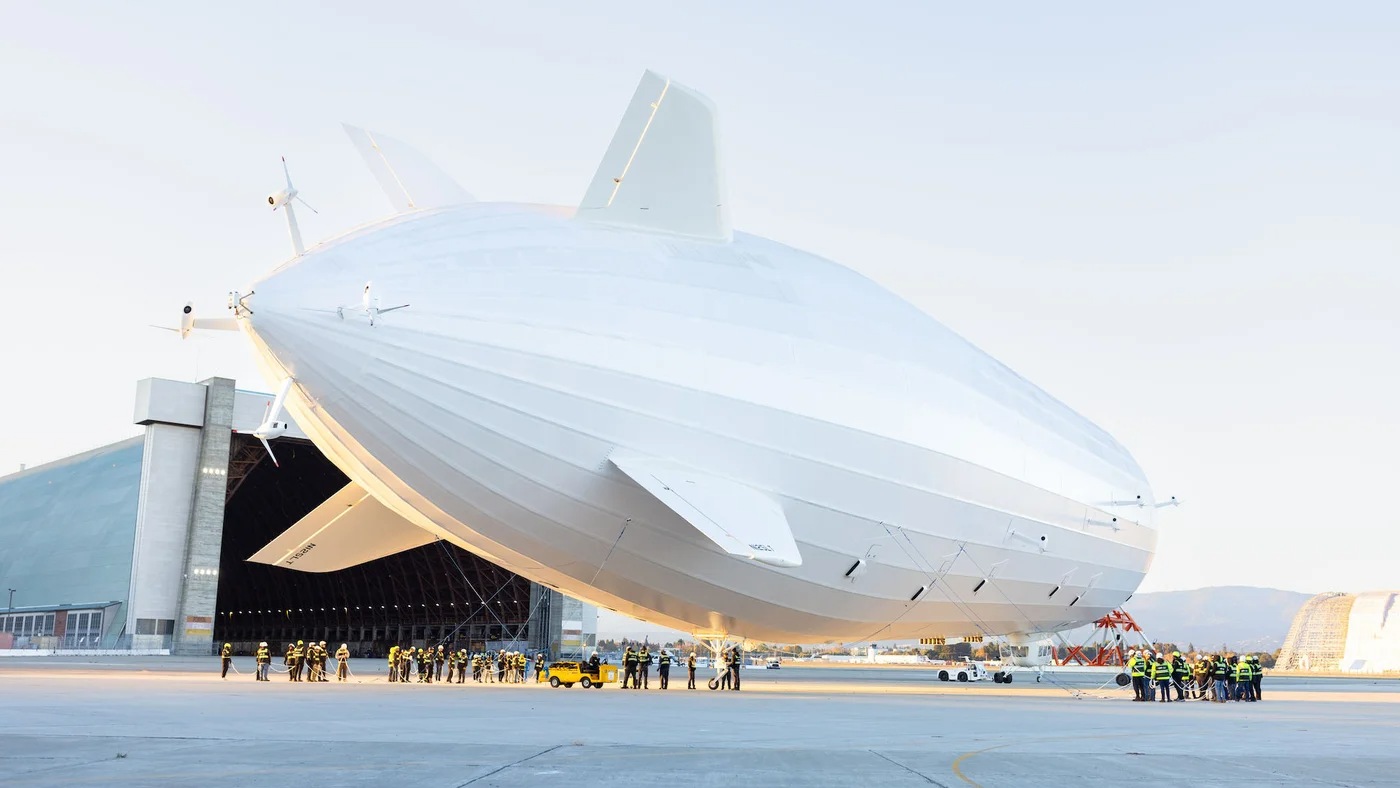 Pathfinder 1: world's largest aircraft unveiled in California
Pathfinder 1: world's largest aircraft unveiled in CaliforniaSpeed Read Vast electric airship promises 'climate-friendly' transportation and humanitarian aid
-
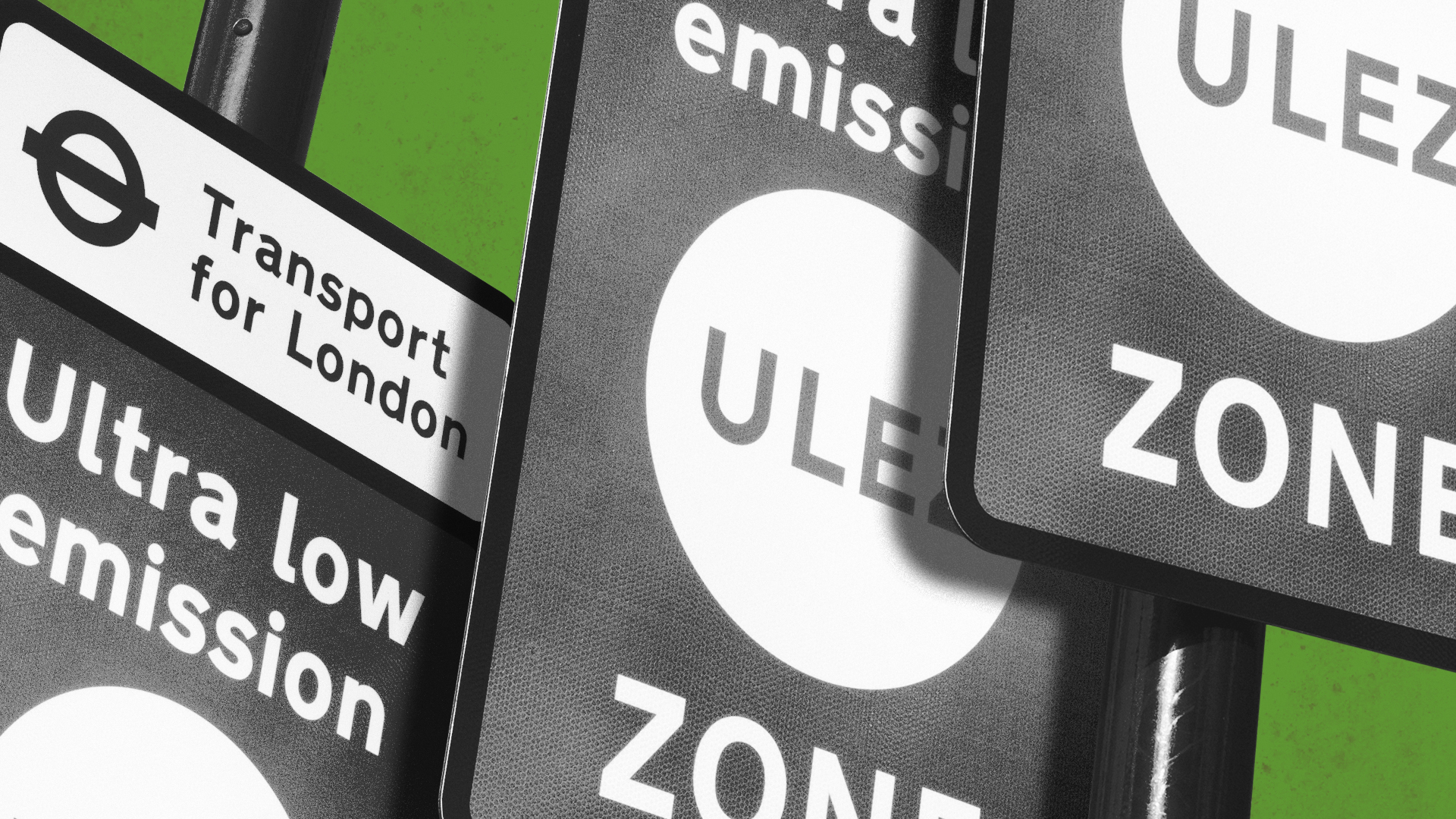 The cost of clean air: who will win the battle over low emissions zones?
The cost of clean air: who will win the battle over low emissions zones?Today's Big Question Debate has ‘turned toxic’ as legal challenge to expansion of London’s Ulez is heard
-
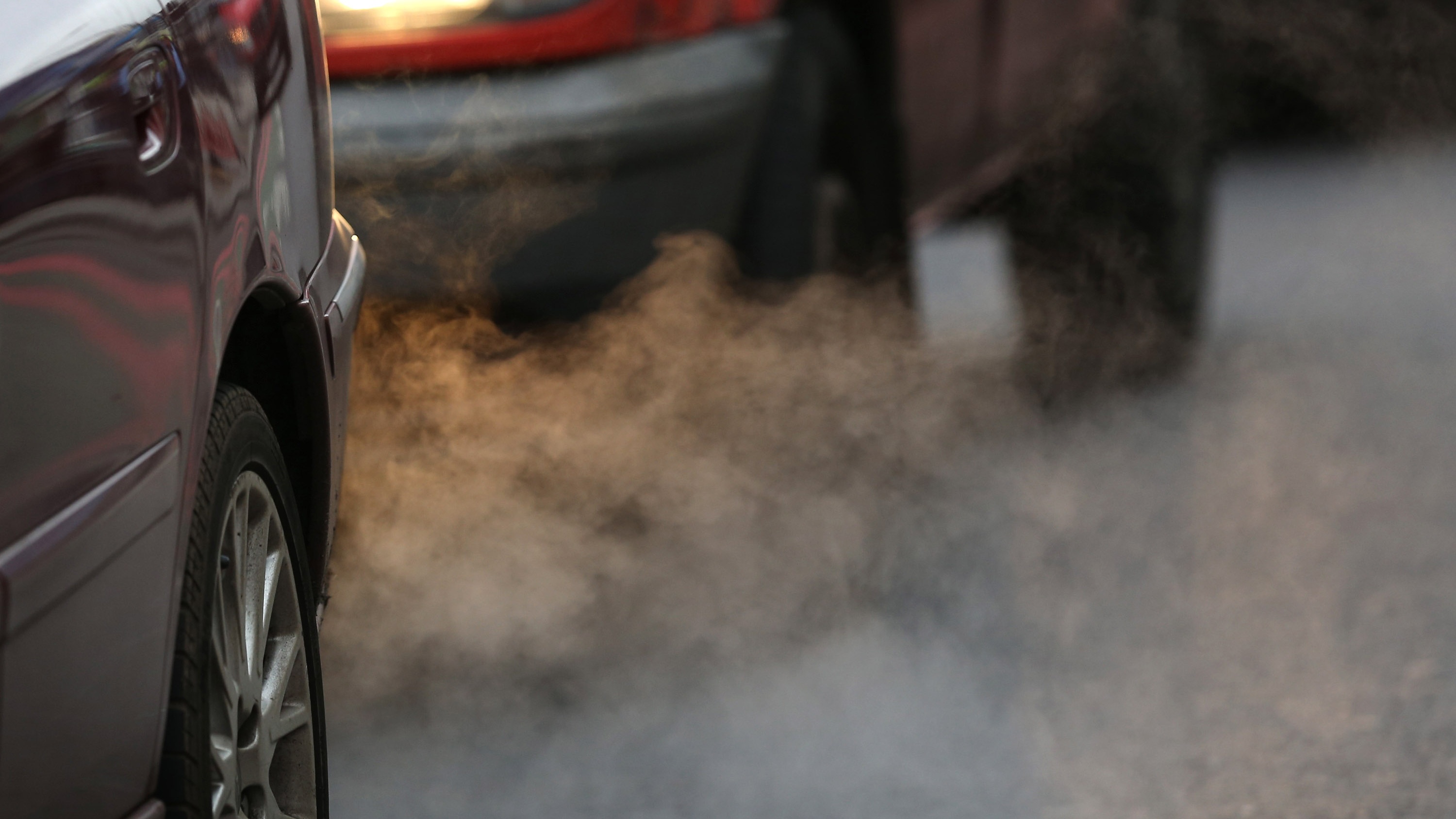 London house prices: new pollution hotspot website threatens to push down values
London house prices: new pollution hotspot website threatens to push down valuesSpeed Read Buyers encouraged to ask for major discounts in areas with dirtiest air
-
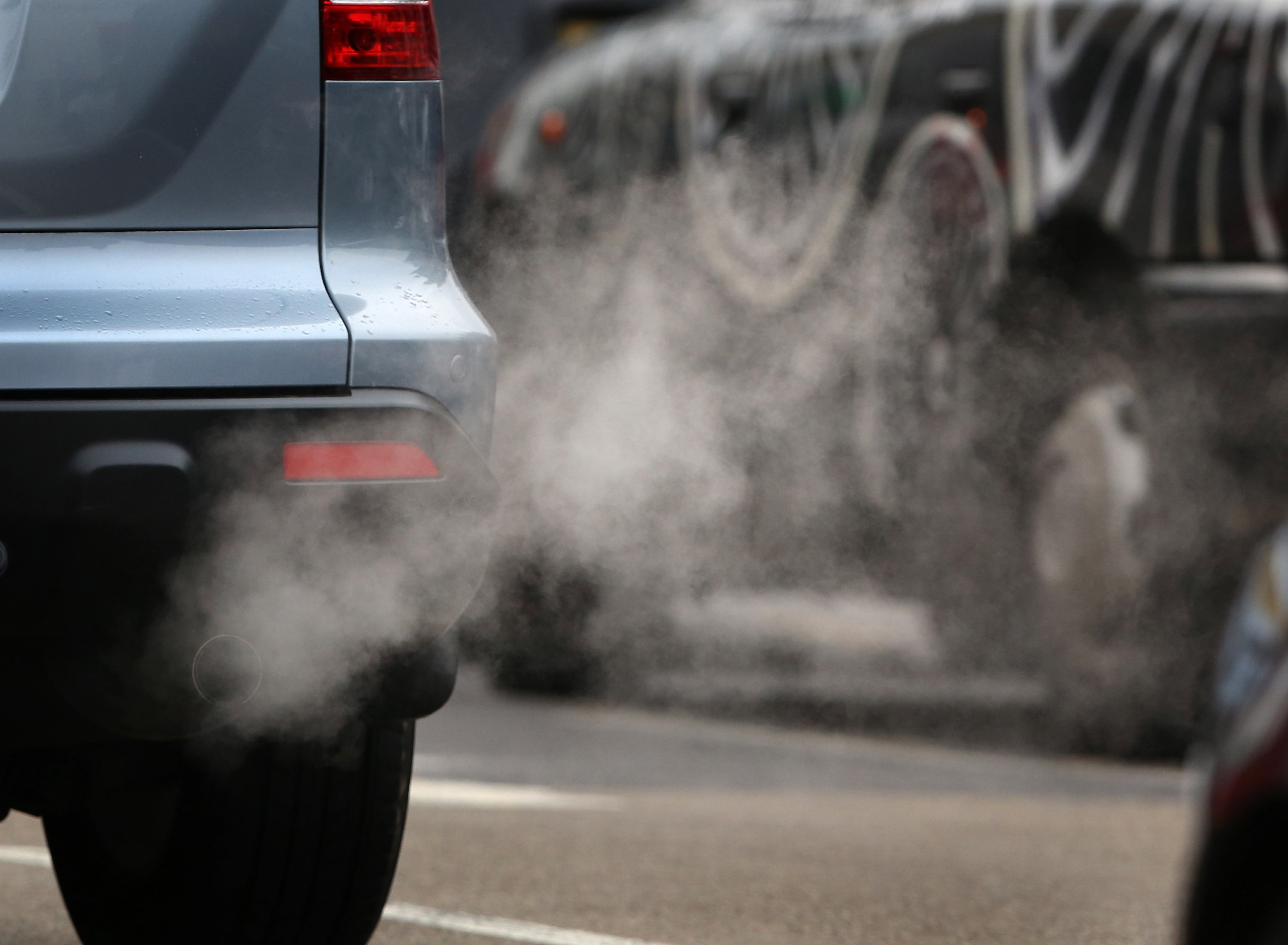 London ULEZ expansion: who is affected, plus charges, penalties and how to pay
London ULEZ expansion: who is affected, plus charges, penalties and how to payIn Depth Ultra Low Emission Zone now covers an area of London 18 times larger than before – here’s everything you need to know